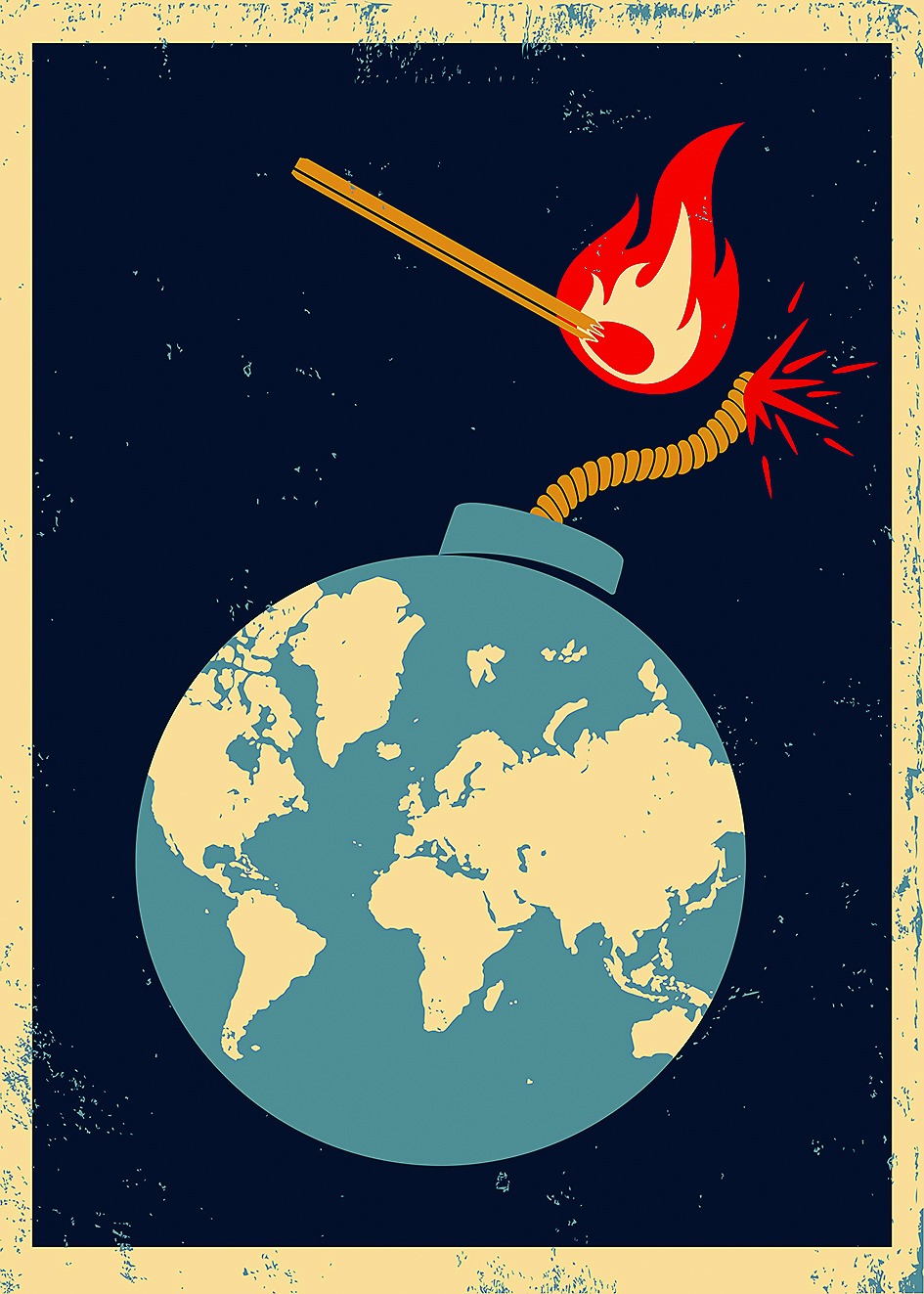
THE PEOPLE VS. DEMOCRACY: WHY OUR FREEDOM IS IN DANGER AND HOW TO SAVE IT By Yascha Mounk, Harvard, £21.95
Anxiety about democracy has a long history. Maybe democracy survives because of such persistent apprehension, though in different contexts, among people who value the right to freedom. Yascha Mounk's The People vs Democracy is an example of anxiety literature, trying to be complete in diagnosing pathologies and prescribing panacea. Every piece of data and every inference in the analysis are set in the context of the "existential danger" to liberal democracy in western Europe and in the rest of the world. What is particularly dreaded is a trickle "west" towards the "traditional heartlands" of liberal democracy, of the fall-out - illiberal democracy - of the rise of "authoritarian strongmen" in the "new" democracies in India and postcommunist Poland. In fact, they are everywhere and everybody can find an example nearby.
How can people be against democracy? "Citizens have long been disillusioned with politics; now, they have grown restless, angry, even disdainful... Voters have long disliked particular parties, politicians, or governments; now, many of them have become fed up with liberal democracy itself." "[C]itizens' commitments to longstanding political norms" have been weakened by structural transformations in economy and polity. In fact, they have become victims of economic anxiety and racial animus - none of their own creation. This situation is the cradle of "authoritarian populists"/ "populist insurgents" who are "deeply illiberal". Clever enough to 'weaponize' popular discontent, they first claim that they honestly share "the pure outlook of the ('real') people" and are willing to fight on their behalf, for which they need to win high office; and then, once the leader is in power, "abolish the institutional roadblocks that might stop him from carrying out the will of the people". They even argue that if "the people should grow so restive as to ignore the sage advice proffered by elites (meaning themselves), they need to be educated, ignored, or bullied into submission". The result is the coming into being of perilous hybrids: " illiberal democracy, or democracy without rights, and undemocratic liberalism, or rights without democracy".
The How statement outlines a difficult agenda: "reform economic policy, both domestically and internationally... temper inequality and live up to the promise of rapidly rising living standards"; "redesign welfare states in a radical way", "preserve democracy without giving up the emancipatory potential of globalization", in the process, restore to the nation state its rightful realm; "domesticate nationalism" and "ensure a multiethnic democracy, in which members of any creed or color are regarded as true equals", "enjoying rights on the basis of being a citizen"; "withstand the transformative impact of the internet and social media" to contain "political outsiders" who are "the instigators of instability"; and renew civic faith by rebuilding trust in politics and by raising ideal citizens.
The book sensitizes the reader about crises of democracy, invokes courage and wisdom to fight for the right convictions, and ends on the following note: "Perhaps the rise of the populists will turn out to be a short-lived phase, remembered with some mix of bafflement and curiosity a hundred years from now. Or perhaps it will turn out to be epochal change, heralding a world order in which individual rights are violated at every turn and true self-government vanishes from the face of the earth." Still, he wants us to be like Paconius Agrippinus, the first century Stoic philosopher who would not calculate the adverse consequences of his decisions to oppose the ruler lest it compromise the initial commitment to protest, and be eventually exiled by Nero. Because, once one starts thinking about the dangers one's rightful opposition to authoritarianism is likely produce for oneself, one will be driven to "inaction and acquiescence". Mounk indeed sets a daunting yet worthy task of re-forming the system as well as the citizen's social self simultaneously.










